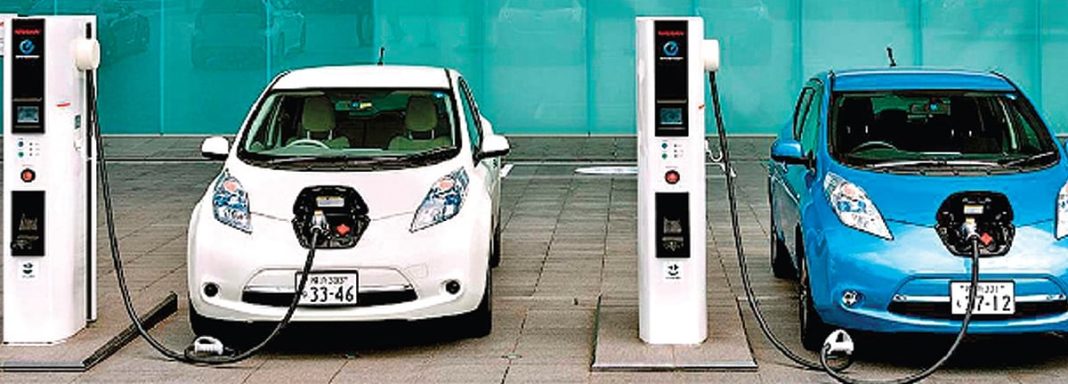Key Takeaways
- India’s auto sector is seeking EV tech alternatives from Japan, Europe, and other Asian nations.
- China’s new export controls on battery tech, effective 8 November, threaten India’s EV supply chain.
- Industry leaders confirm existing partnerships with non-Chinese tech providers.
- Government plans a National Critical Mineral Stockpile to secure rare earth access.
- China has filed a WTO complaint against India’s EV subsidy policies.
Indian auto manufacturers are urgently seeking electric vehicle technology from Japan, Europe, and other Asian countries as China tightens export controls on critical battery components. The restrictions, covering lithium battery tech, cathodes, and graphite anodes, come into effect on 8 November, forcing Indian companies to rework their supply chain strategies.
Industry Response to China’s Tech Curbs
“If auto companies were planning to use Chinese technology for manufacturing magnets, they must now rework their plans,” said Vinnie Mehta, Director General of the Automotive Component Manufacturers Association (ACMA). He confirmed that Indian manufacturers are likely to explore Japanese solutions as alternatives.
India’s EV industry depends heavily on Chinese technology, particularly for lithium-ion batteries that form a major cost component. Following China’s earlier ban on rare earth magnet exports, the new technology restrictions further jeopardize the supply chain.
Manufacturers Seek Global Alternatives
Ganesh Mani, CEO of Switch Mobility (Ashok Leyland’s EV unit), stated: “In the previous rare earth ban we managed through stockpiling and innovation. This time will be more challenging, requiring a unified national approach.”
He confirmed ongoing collaborations with multiple companies across Asia and Europe, alongside internal technology development. The Society of Indian Automobile Manufacturers (SIAM) is analyzing the detailed regulations to assess impact and identify alternatives.
Government and International Developments
Officials revealed plans for a National Critical Mineral Stockpile (NCMS) to secure domestic access to rare earth elements.
Meanwhile, China has filed a formal WTO complaint against India, alleging that New Delhi’s EV and battery subsidies create “an unfair competitive edge” for domestic industries.




